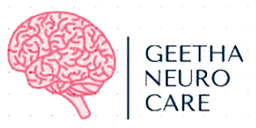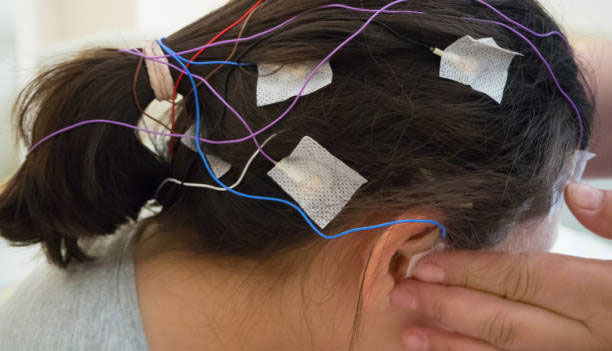All you need to know about brain stroke
A stroke takes place when the blood flow to the brain is blocked. It is a medical emergency, due to the fact blood contains oxygen, and brain cells begin to die within few minutes without it.
Strokes can happen at any age, however risk of stroke increases as you grow old. There are various forms of brain strokes, and nearly all of them require right clinical attention and care for the patient to survive. Seek medical attention from best neurologist in Ballari at best brain stroke hospital in Bellary
Signs and symptoms
By knowing the signs and symptoms of a stroke can help save lives.
The type and severity of stroke symptoms rely upon the region of the brain that is affected.
Signs of a stroke can range between men and women and can include:
- Sudden numbness, weakness, or lack of ability to move the face, arm, or leg (particularly on one facet of the body)
- Confusion
- Difficulty in speaking or understanding speech
- Trouble seeing in one or both eyes
- Dizziness, difficulty in walking, or lack of balance or coordination
- Sudden, severe headache
The acronym FAST can assist you in remembering the signs and symptoms of stroke.
- Face drooping: Ask the person to smile. Check if the smile is uneven?
- Arm weakness: Ask the individual to raise both arms. Does one drift downward?
- Difficulty in speech Is speech slurred or hard to recognize? Ask the person to repeat an easy sentence like: "The sky is blue." Check whether the sentence is repeated properly?
- Time to call healthcare: If you see any of these signs and symptoms in somebody, even if the signs go away, call the brain stroke specialist in Bellary. Check the time so you can inform responders when the symptoms first began.
People who get a stroke have the best chance of survival, and can have less disability, if someone around them recognizes the symptoms and acts faster by calling healthcare.
Stroke Prevention
Lifestyle-based stroke prevention measures include:
- Eating plenty of fruits and vegetables
- Reducing saturated fat on your diet
- Not using tobacco or smoking
- Drinking alcohol in moderation
- Not using recreational stimulant drugs
- Maintaining a healthful weight
- Getting sufficient exercising
- Controlling blood pressure
- Managing diabetes
- Treating sleep apnea
Consult Dr. Siddarth S. Joshi for brain stroke treatment in Bellary

